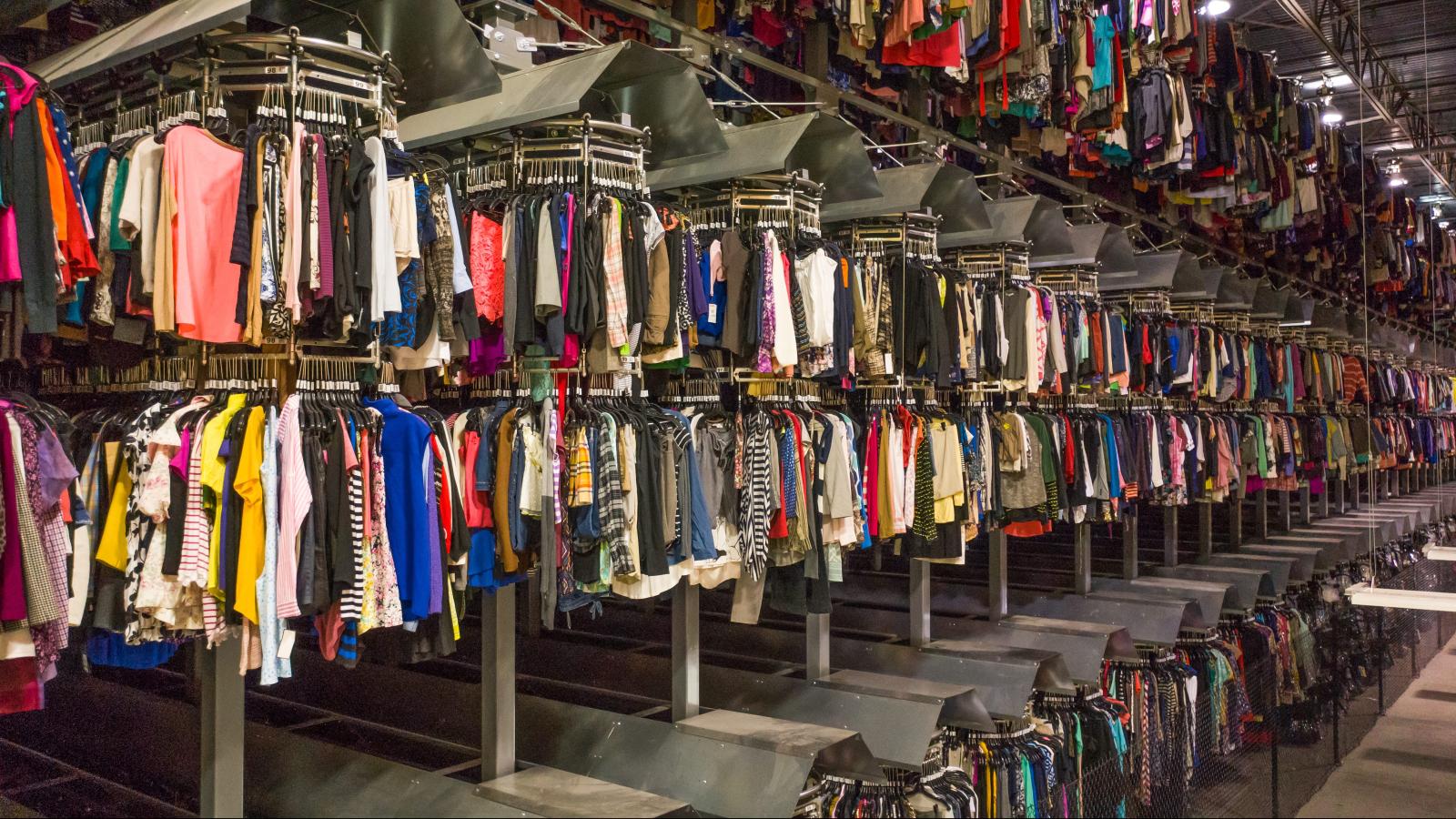The Media online, on: In: Media Mecca
Conscious consumers are championing the resale of goods to reduce waste and extend the active life of garments and other products, and innovators in the retail sector are responding.
The transient ownership of goods is an emerging trend that has been on the radar of Flux Trends since 2012.
“The growth of sustainable consumption seems to be reaching its tipping point and accelerating as more people understand the environmental impact of waste and strive to support the circular economy,” says founder Dion Chang.
“For the fashion industry, 2020 is going to be like a cleaver, dividing it into before and after. Some environmentally conscious consumers who feel concerned about so much waste and throw-away culture are now looking for an alternative to the traditional fashion retailers. The drive to lengthen the lifespan of a garment, in turn, has accelerated slow fashion, the circular economy, and sustainability,” adds Chang.
In a linear economy, goods are produced, consumed and discarded, clogging up landfills in a take, make, waste process. In the circular economy, products and material are reused, refurbished, reimagined, recycled – time and again. This extraordinary period in history has highlighted how important it is to take care of what you already have and to prolong the life of the products that you own.
The waste, resale clothing has grown 21 times faster than the new apparel market in the last three years notes ThredUp’s 2019 Resale Report by GlobalData, and it looks set to increase further.
Besides a growing demand to reuse goods, innovation is transforming second-hand shopping from the dusty thrift shops of old to exciting modern, mainstream retail experiences. These concepts are also moving from side street retail space into prime shopping mall locations.
Digitally-enabled selling from bricks-and-mortar stores
The City Bazaar second-hand goods exchange recently opened in Warsaw’s most modern mall, Galeria Młociny, which is co-owned by Johannesburg Stock Exchange (JSE) listed EPP, Poland’s biggest retail landlord. Demonstrating the growth of this market, this is The City Bazaar’s fourth and largest store.
The new shop embodies the spirit of the circular economy in a convenient and safe environment dedicated to selling and buying used merchandise and is located shoulder-to-shoulder with leading global and regional brands. Digitally-enabled, The City Bazaar links online and offline, distinguishing it from the second-hand selling of the past.
This friendly marketplace enables people to sell things that they no longer want or need so those who may find a use for the items can buy them. It features 195 ‘shelves’, with a unique collection of clothes, accessories and shoes as well as books, cosmetics and interior design items. Sellers rent a rack via The City Bazaar’s website, then complete an online form to list the items they want to sell. They bring the goods into the store, place them on the assigned shelf, and the store’s employees take care of the sales. Sellers can track their sales online and the proceeds, less 20%, are deposited into their bank account within 10 days.
Tomasz Trzósło, CEO of EPP, says, “The City Bazaar is an original concept for customers who understand the environmental, social and economic benefits of reusing goods through the second-hand market. At EPP, we embrace original concepts and strive to respond to the very latest in consumer trends and collaborate to keep surprising our customers with new ideas that match their lifestyles.
“We are proud to have this unique retailer at Galeria Młociny. The City Bazaar is based on the sharing economy and giving a second life to things – a way of living that so many people in Poland and around the world are passionate about. EPP is likeminded about environmental responsibility and committed to playing our part in making a positive impact.”
EPP has become synonymous with retail leadership and innovation, and it’s co-owned Galeria Młociny in Warsaw, in particular, is known for attracting uniquely appealing concepts in retail.
Revolutionising reselling, recycling and sustainability

A new wave of second-hand shopping is also taking off in prime brick-and-mortar space in South Africa. For instance, the former online-only pre-owned and authenticated luxury goods seller, Luxity, has opened shops in premium positions in Johannesburg at Melrose Arch and Cape Town at Cape Quarter. Luxity’ stores strive to offer experiences to rival those of the brands they sell.
“There is a new wave of reselling which has revolutionised second-hand and vintage stores by creating modern lifestyle spaces with boutique styling. Reselling and recycling are also being reinvented by massive brands that are actively embracing the circular economy,” Chang points out.
In November, to coincide with Black Friday, it plans to launch a buy-back scheme for some of its furniture items that are no longer needed or wanted – at up to 50% of the original price in vouchers. In this way, it says, it is helping customers to take a stand against excessive consumption. It will refurbish and resell items, and anything that cannot be resold will be recycled and diverted from landfills. This international initiative will be offered in Ikea stores in 27 countries.
Chang says the benefits of sustainable business are now also being backed by big money in the financial sector. “Last year, Prada became the first luxury brand to sign a loan with terms linked to sustainability targets for its products and operations.”







